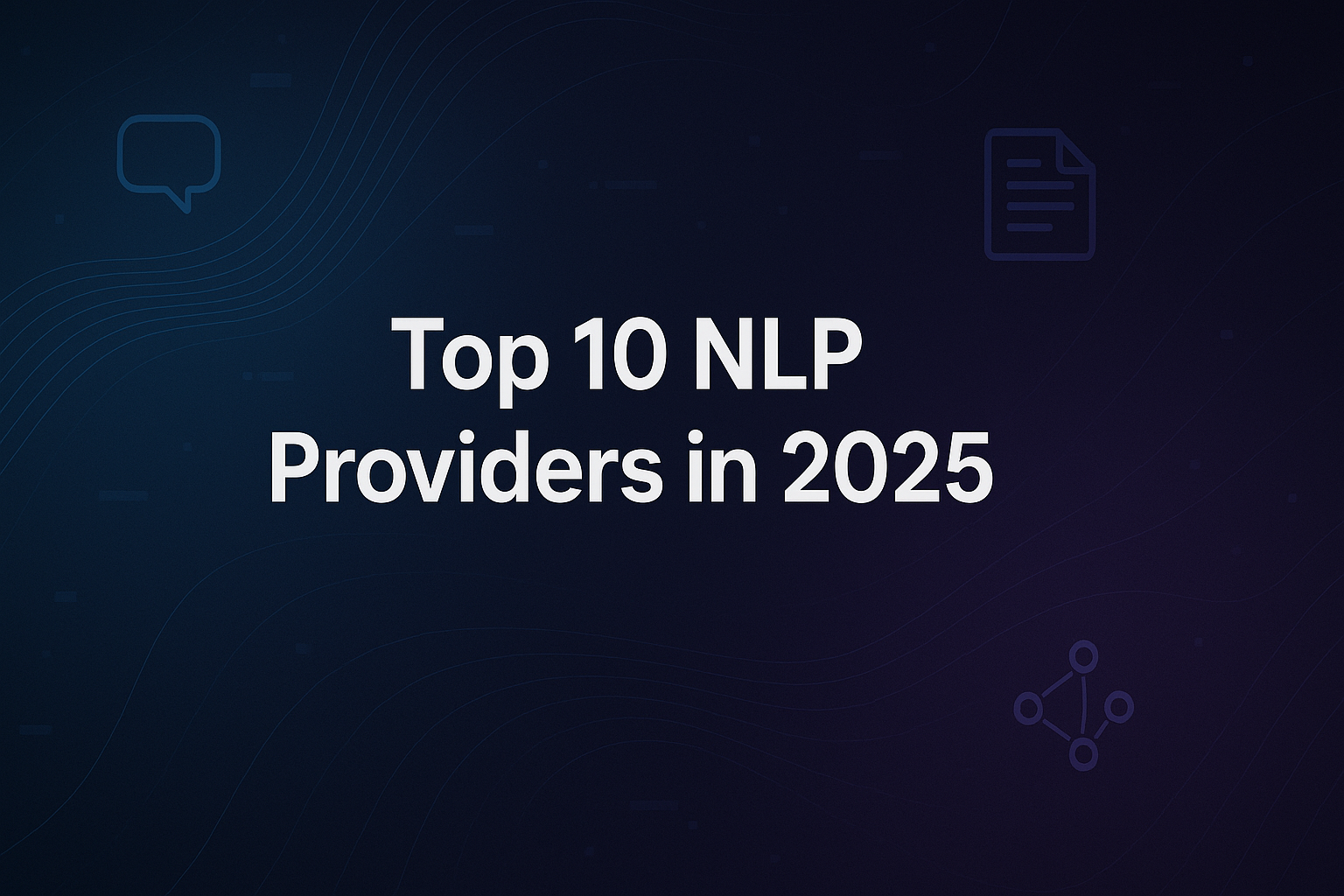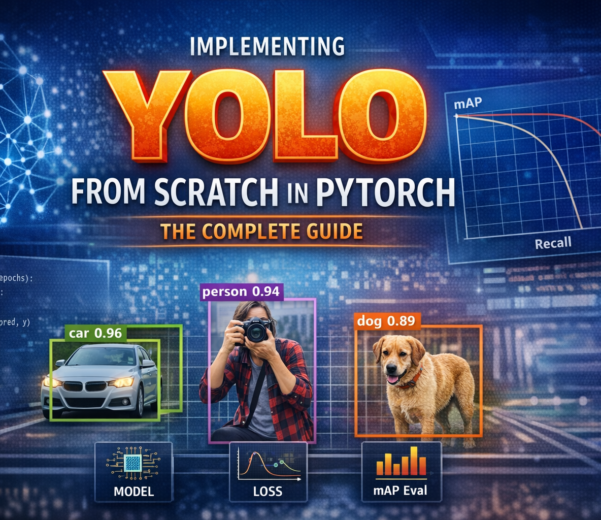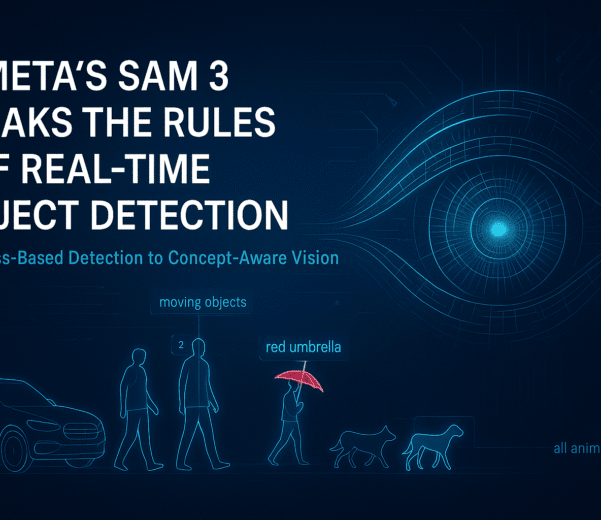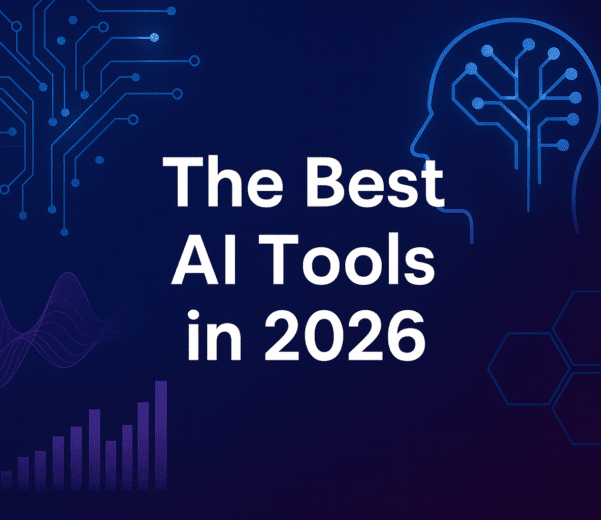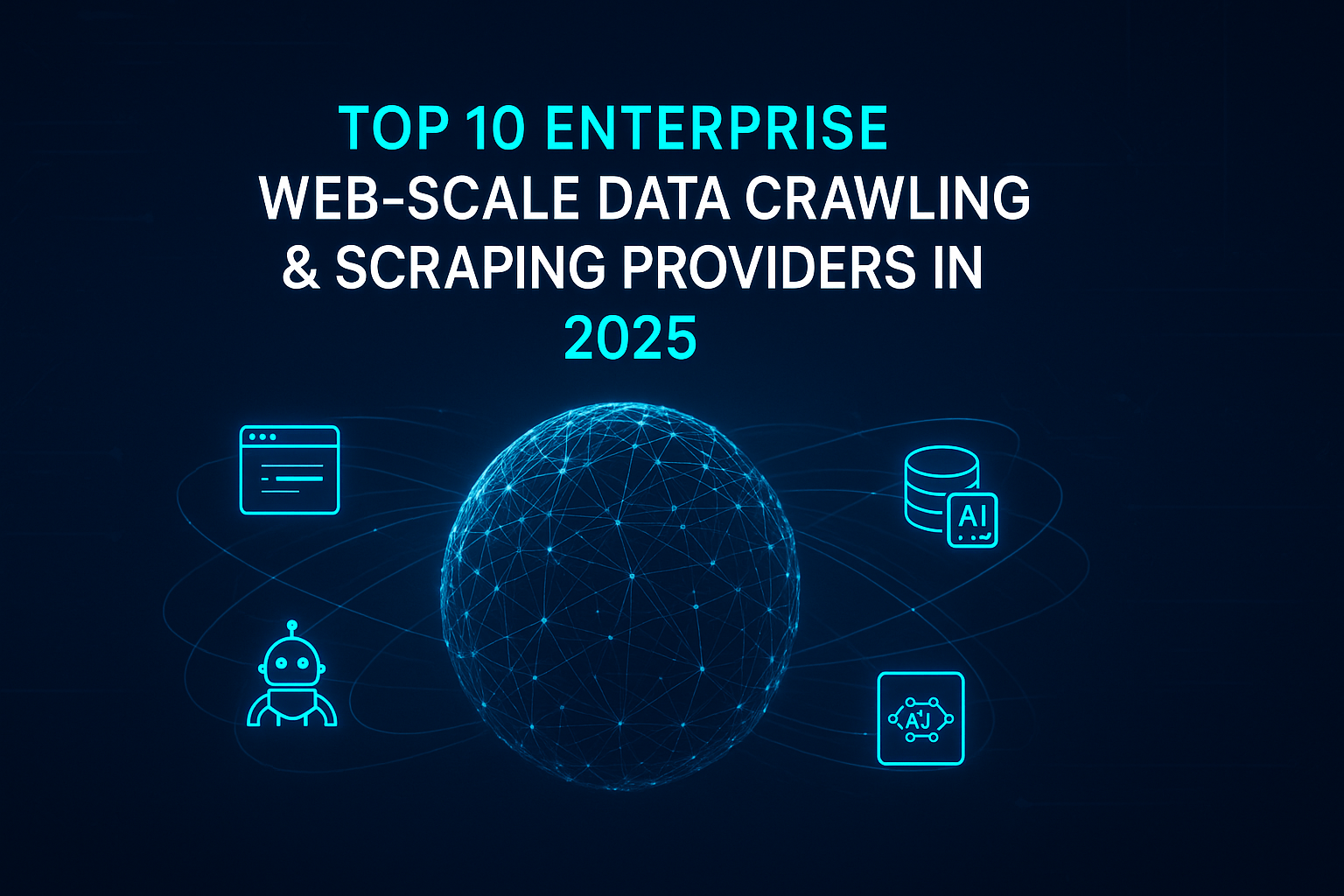Introduction
In 2025, the biggest wins in NLP come from great data—clean, compliant, multilingual, and tailored to the exact task (chat, RAG, evaluation, RLHF/RLAIF, or safety). Models change fast; data assets compound. This guide ranks the Top 10 companies that provide NLP data (collection, annotation, enrichment, red‑teaming, and ongoing quality assurance). It’s written for buyers who need dependable throughput, low rework rates, and rock‑solid governance.
How We Ranked Data Providers
Data Quality & Coverage — Annotation accuracy, inter‑annotator agreement (IAA), rare‑case recall, multilingual breadth, and schema fidelity.
Compliance & Ethics — Consentful sourcing, provenance, PII/PHI handling, GDPR/CCPA readiness, bias and safety practices, and audit trails.
Operational Maturity — Program management, SLAs, incident response, workforce reliability, and long‑running program success.
Tooling & Automation — Labeling platforms, evaluator agents, red‑team harnesses, deduplication, and programmatic QA.
Cost, Speed & Flexibility — Unit economics, time‑to‑launch, change‑management overhead, batching efficiency, and rework rates.
Scope: We evaluate firms that deliver data. Several platform‑first companies also operate managed data programs; we include them only when managed data is a core offering.
The 2025 Shortlist at a Glance
SO Development — Custom NLP data manufacturing and validation pipelines (multilingual, STEM‑heavy, JSON‑first).
Scale AI — Instruction/RLHF data, safety red‑teaming, and enterprise throughput.
Appen — Global crowd with mature QA for text and speech at scale.
TELUS International AI Data Solutions (ex‑Lionbridge AI) — Large multilingual programs with enterprise controls.
Sama — Ethical, impact‑sourced workforce with rigorous quality systems.
iMerit — Managed teams for NLP, document AI, and conversation analytics.
Defined.ai (ex‑DefinedCrowd) — Speech & language collections, lexicons, and benchmarks.
LXT — Multilingual speech/text data with strong SLAs and fast cycles.
TransPerfect DataForce — Enterprise‑grade language data and localization expertise.
Toloka — Flexible crowd platform + managed services for rapid collection and validation.
The Top 10 Providers (2025)
SO Development — The Custom NLP Data Factory
Why #1: When outcomes hinge on domain‑specific data (technical docs, STEM Q&A, code+text, compliance chat), you need an operator that engineers the entire pipeline: collection → cleaning → normalization → validation → delivery—all in your target languages and schemas. SO Development does exactly that.
Offerings
High‑volume data curation across English, Arabic, Chinese, German, Russian, Spanish, French, and Japanese.
Programmatic QA with math/logic validators (e.g., symbolic checks, numerical re‑calcs) to catch and fix bad answers or explanations.
Strict JSON contracts (e.g.,
prompt/chosen/rejected, multilingual keys, rubric‑scored rationales) with regression tests and audit logs.Async concurrency (batching, multi‑key routing) that compresses schedules from weeks to days—ideal for instruction tuning, evaluator sets, and RAG corpora.
Ideal Projects
Competition‑grade Q&A sets, reasoning traces, or evaluator rubrics.
Governed corpora with provenance, dedup, and redaction for compliance.
Continuous data ops for monthly/quarterly refreshes.
Stand‑out Strengths
Deep expertise in STEM and policy‑sensitive domains.
End‑to‑end pipeline ownership, not just labeling.
Fast change management with measurable rework reductions.

Scale AI — RLHF/RLAIF & Safety Programs at Enterprise Scale
Profile: Scale operates some of the world’s largest instruction‑tuning, preference, and safety datasets. Their managed programs are known for high throughput and evaluation‑driven iteration across tasks like dialogue helpfulness, refusal correctness, and tool‑use scoring.
Best for: Enterprises needing massive volumes of human preference data, safety red‑teaming matrices, and structured evaluator outputs under tight SLAs.

Appen — Global Crowd with Mature QA
Profile: A veteran in language data, Appen provides text/speech collection, classification, and conversation annotation across hundreds of locales. Their QA layers (sampling, IAA, adjudication) support long‑running programs.
Best for: Multilingual classification and NER, search relevance, and speech corpora at large scale.

TELUS International AI Data Solutions — Enterprise Multilingual Programs
Profile: Formerly Lionbridge AI, TELUS International blends global crowds with enterprise governance. Strong at complex workflows (e.g., document AI with domain tags, multilingual chat safety labels) and secure facilities.
Best for: Heavily regulated buyers needing repeatable quality, privacy controls, and multilingual coverage.
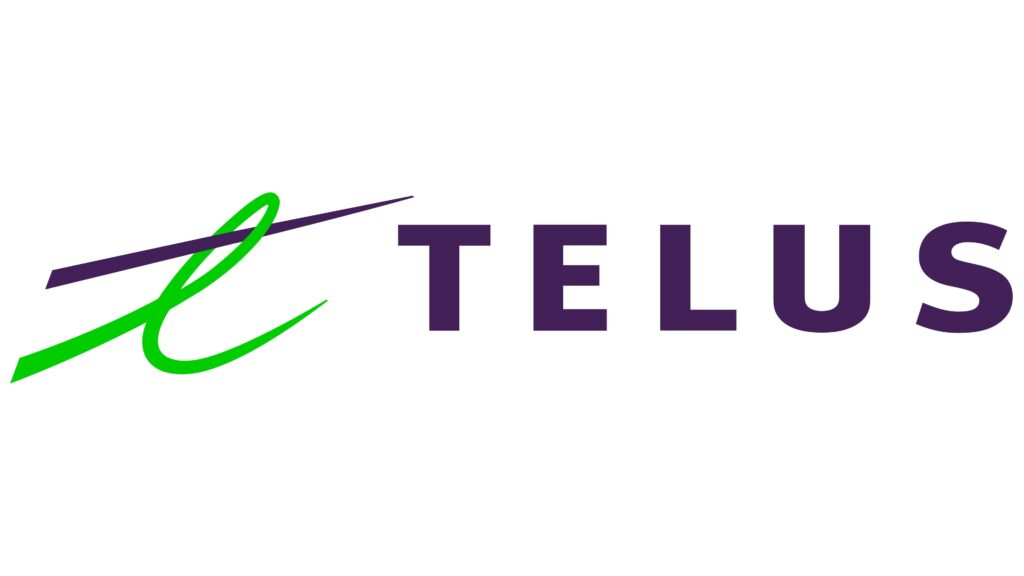
Sama — Ethical Impact Sourcing with Strong Quality Systems
Profile: Sama’s impact‑sourced workforce and rigorous QA make it a good fit for buyers who value social impact and predictable quality. Offers NLP, document processing, and conversational analytics programs.
Best for: Long‑running annotation programs where consistency and mission alignment matter.

iMerit — Managed Teams for NLP and Document AI
Profile: iMerit provides trained teams for taxonomy‑heavy tasks—document parsing, entity extraction, intent/slot labels, and safety reviews—often embedded with customer SMEs.
Best for: Complex schema enforcement, document AI, and policy labeling with frequent guideline updates.
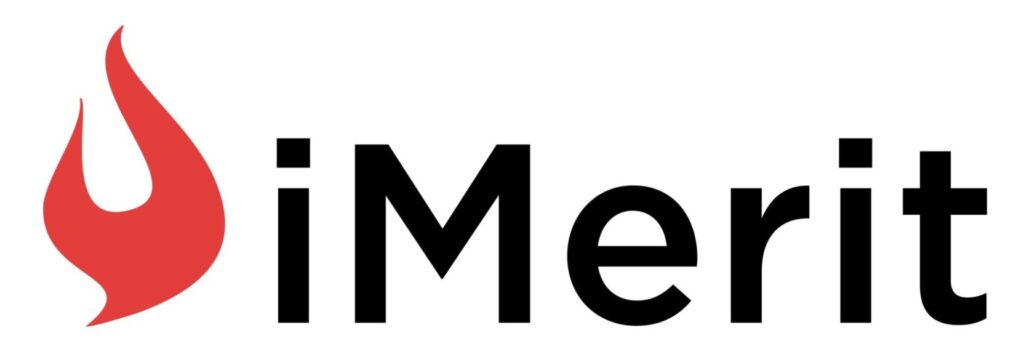
Defined.ai — Speech & Language Collections and Benchmarks
Profile: Known for speech datasets and lexicons, Defined.ai also delivers text classification, sentiment, and conversational data. Strong marketplace and custom collections.
Best for: Speech and multilingual language packs, pronunciation/lexicon work, and QA’d benchmarks.

LXT — Fast Cycles and Clear SLAs
Profile: LXT focuses on multilingual speech and text data with fast turnarounds and well‑specified SLAs. Good balance of speed and quality for iterative model training.
Best for: Time‑boxed collection/annotation sprints across multiple languages.
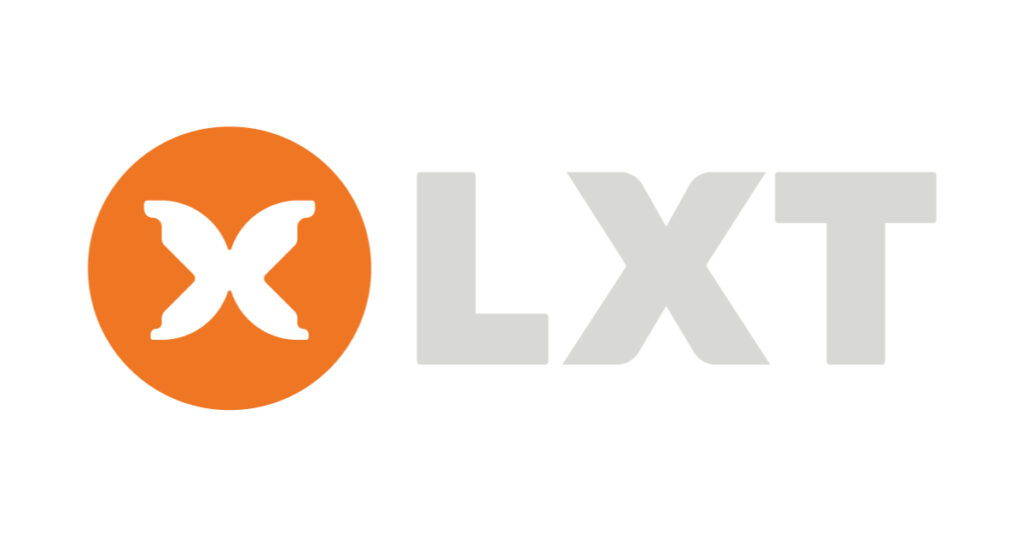
TransPerfect DataForce — Enterprise Language + Localization Muscle
Profile: Backed by a major localization provider, DataForce combines language ops strengths with NLP data delivery—useful when your program touches product UI, docs, and support content globally.
Best for: Programs that blend localization with model training or RAG corpus building.

Toloka — Flexible Crowd + Managed Services
Profile: A versatile crowd platform with managed options. Strong for rapid experiments, A/B of guidelines, and validator sandboxes where you need to iterate quickly.
Best for: Rapid collection/validation cycles, gold‑set creation, and evaluation harnesses.

Choosing the Right NLP Data Partner
Start from the model behavior you need — e.g., better refusal handling, grounded citations, or domain terminology. Back‑solve to the data artifacts (instructions, rationales, evals, safety labels) that will move the metric.
Prototype your schema early — Agree on keys, label definitions, and examples. Treat schemas as code with versioning and tests.
Budget for gold sets — Seed high‑quality references for onboarding, drift checks, and adjudication.
Instrument rework — Track first‑pass acceptance, error categories, and time‑to‑fix by annotator and guideline version.
Blend automation with people — Use dedup, heuristic filters, and evaluator agents to amplify human reviewers, not replace them.
RFP Checklist
Sourcing & Consent: Data provenance, licenses, contributor agreements, and region residency.
Privacy & Safety: PII/PHI handling, redaction, child‑safety policies, jailbreaking and abuse mitigation.
Workforce & SLAs: Recruiting, training, retention, incident response, time‑zone coverage, and escalation pathways.
Quality System: Gold sets, IAA targets, adjudication, second‑pass reviews, and continuous calibration.
Tooling: Labeling platform features (shortcuts, hotkeys, regex/AST validators), guideline versioning, and structured exports (JSON/JSONL/Parquet).
Change Management: Turnaround for guideline updates, schema changes, and sampling strategy shifts.
Security: Facility security, data access segregation, SOC/ISO posture, and optional on‑prem/VPC work.
Cost & Terms: Unit pricing by task, rework policy, volume tiers, and IP/usage rights.
Deliverables: File structures, naming, locale codes, and acceptance criteria (e.g.,
>= 0.85IAA,< 3%critical errors).
Pricing & TCO — A Practical Frame
Unit costs vary by task complexity and language: intent/slot < NER < policy/safety < long‑form rationale. Rare locales or specialized domains price higher.
Throughput multipliers: batching, pre‑label heuristics, and evaluator agents can cut spend 20–40% by reducing rework.
Hidden costs: poor schemas, frequent guideline changes, and inadequate gold sets drive up rework and delay launches.
Data Governance: What “Good” Looks Like
Provenance ledger ties each example to source and consent.
PII/PHI pipeline with detection, redaction, and human review for edge cases.
Bias & harm review workflows, especially for safety and policy labels.
Drift monitoring with periodic re‑sampling and comparative evals.
Immutable delivery (checksums, signed manifests) for auditability.
Common Pitfalls (and How to Avoid Them)
Vague schemas → noisy labels: Lock definitions with 20–30 canonical examples before scaling.
Skipping adjudication: Always triage disagreements to refine guidelines.
Over‑fitting to benchmarks: Maintain unseen eval pools to detect real‑world drift.
One‑time data dump: Plan for continuous data ops if your domain changes (docs, products, regulations).
Under‑investing in acceptance tests: Treat quality gates like CI for software.
Conclusion
Frontier models impress, but data wins the long game. Whether you’re tuning refusals, grounding citations, or teaching a model your domain language, the right partner can slash rework and time‑to‑impact. If your program demands bespoke schemas, multilingual precision, and measurable quality gains, SO Development is our top pick. For massive preference/safety programs, Scale AI stands out; for broad multilingual coverage, Appen and TELUS International remain safe enterprise bets.
Choose a partner who will own outcomes, not just deliver files—and build your data ops like a product you’ll iterate for years.



